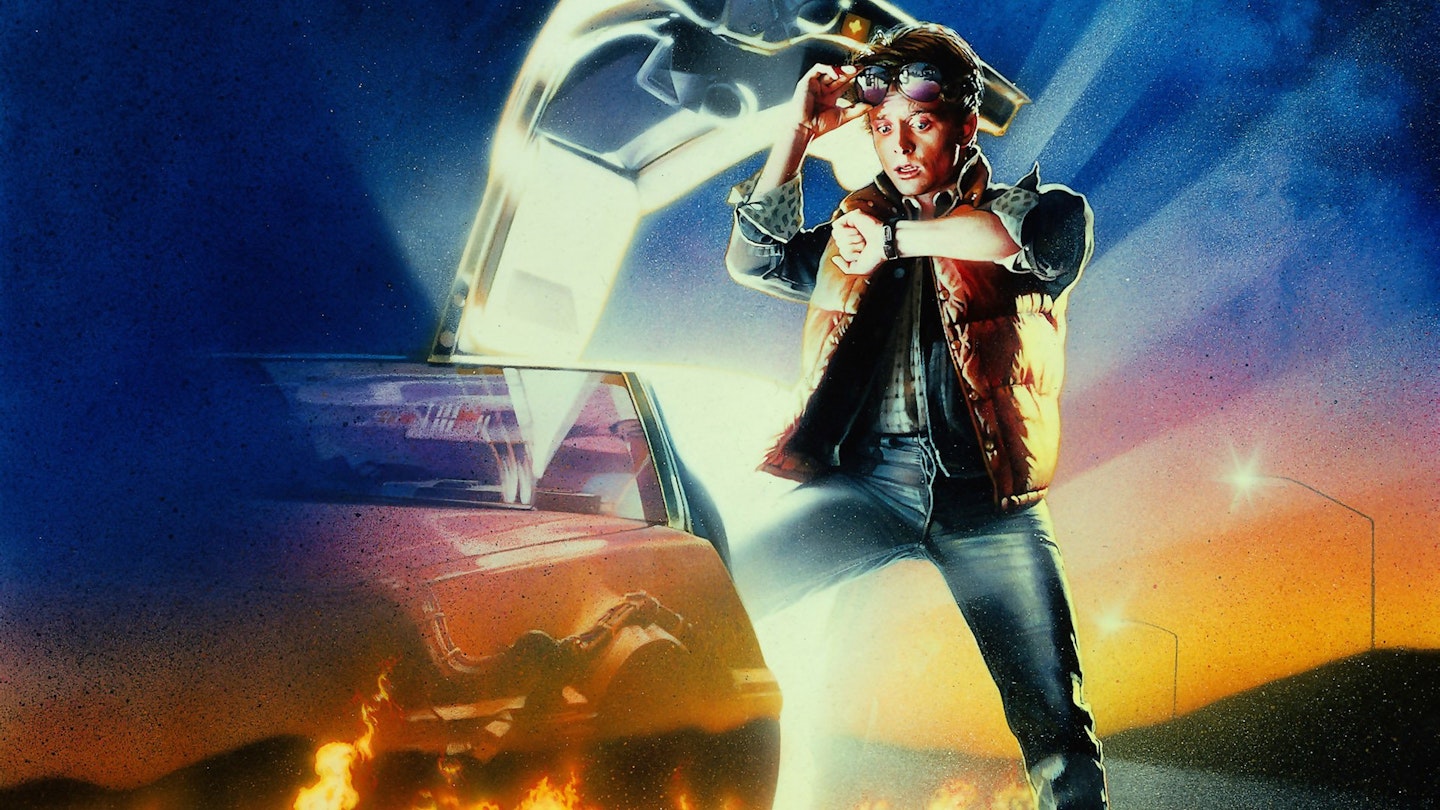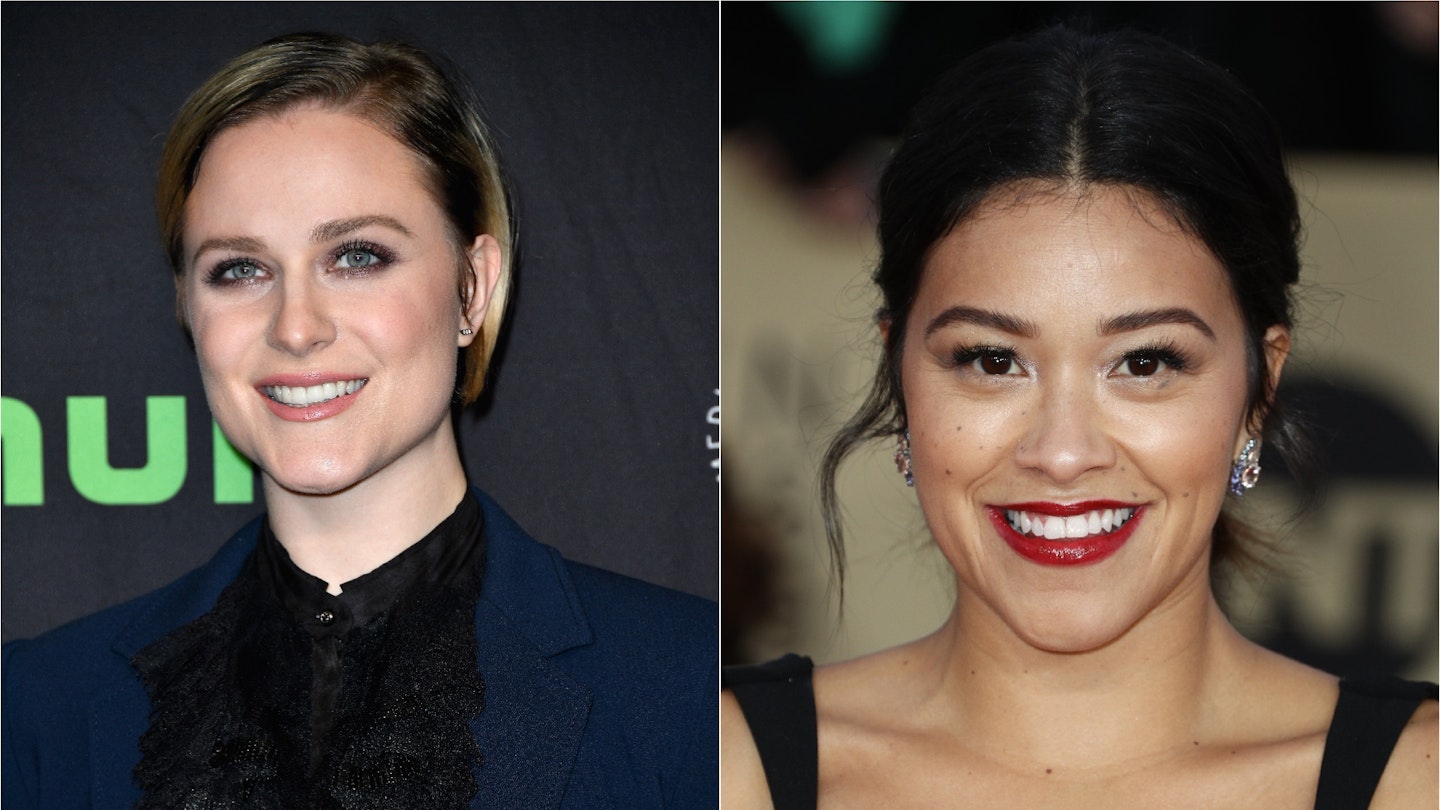If words like 'quirky', ‘offbeat’ and ‘mumblecore’ send you scurrying for the hills, start lacing your hiking boots. It’s been six years since Miranda July beguiled us with her Camera D’Or-winning debut Me And You And Everyone We Know, in which the writer-director bravely, and winningly, cast herself at the centre of a delicate love story, surrounded by a series of perfectly realised studies of human nature — the kind Todd Solondz might make if he wasn’t such an inveterate misanthrope. With The Future, her second film, July proves her lightning-in-a-bottle act was no fluke.
When we first meet Sophie (July) and Jason (Hamish Linklater), they are playing a game in which Jason pretends he can literally stop time: Sophie plays along, and they both freeze in complete stasis, keeping up the pretense until one of them breaks the spell. It’s a metaphor for the way time seems to have stopped for both of them: stuck in a rut so deep they are too apathetic to get the iPod charger, much less quit their jobs, or even each other, and explore the world beyond their existential paralysis. The impending arrival of Paw-Paw — who, in one of the film’s more fanciful interludes, delivers soliloquies voiced by July herself — is the inciting incident that puts a blip in the status quo, sending Sophie and Jason on diverging journeys of self-discovery.
While these are relatively uneventful on the scale of traditional odysseys— highlights include the purchase of a second-hand hairdryer, a bid to upload a series of quirky dances to YouTube, and an attempt to sell trees door-to-door — they represent huge changes for Sophie and Jason, offering experiences either random or synchronicitous, depending on your point of view.
As with her first film, July finds new things to say about human foibles, spoken in a fresh and distinctive voice (and many a memorable quote). This time, however, her observations and insights — sometimes petty, occasionally profound — are shot through with an icy shard of painful melancholia, particularly in the last 30 minutes, when the whimsy of the set-up gives way to a sucker punch of genuine feeling and truth.

